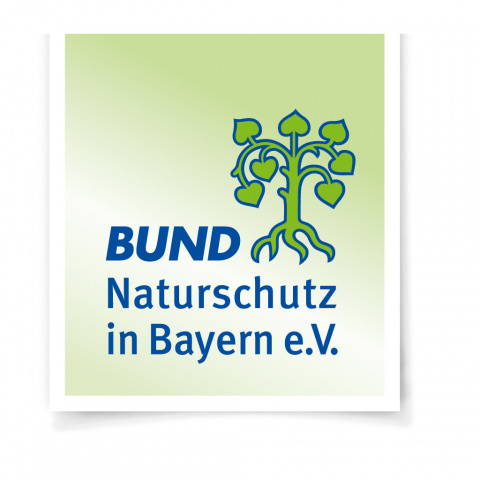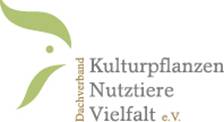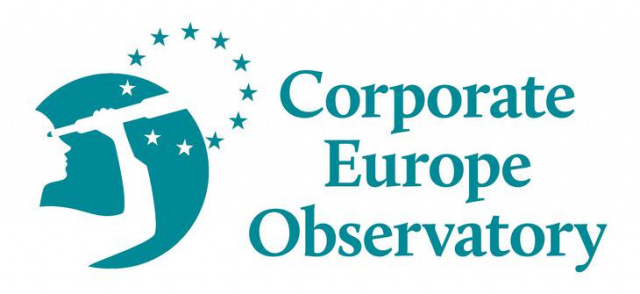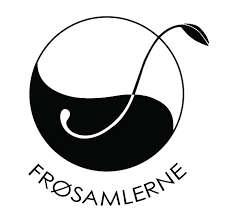10 May 2012 / “This is a huge success for all farmers, breeders and consumers who are concerned about the monopolisation of our food resources,” says Ruth Tippe from the coalition No Patents On Seeds! “This vote cannot be ignored by the European Patent Office – it is time to stop the sell-out of resources needed for our daily lives.” But there is still is a long way to go – if the European Patent Office does not take action against these patents, a change in European patent legislation will be needed to strengthen current prohibitions. No Patents on Seeds! is now urging the governments of the Member States of the EU to take a first step in the upcoming decision on the so-called new Unitary Patent. This new EU-wide patent system does not specifically deal with patents on plants or animals but could include a so-called breeders’ privilege that allows breeders to have free access to breeding material and its independent usage – including materials already patented. This boosts competition and innovation and counters monopolisation and concentration in European seed market. Breeders and farmers are therefore urging governments to integrate the breeders’ privilege. However, individual Governments are following a dubious course in this context: “Important governments such as Germany and France are much more interested in haggling for the seat for a new European patent litigation court and in return would no longer insist on the breeders’ privilege. This is a bargain clearly at odds with the interests of society. We are calling on EU governments to send a clear signal that they will no longer accept the abuse of the European patent system and will implement clear measures against the greed of a few international companies ”, says Christoph Then, a spokesperson at No Patents On Seeds! The coalition “No Patents on Seeds” is warning that large corporations such as Monsanto, Dupont, Syngenta and Bayer are abusing current patent laws in order to gain monopolistic control over global food production chains. The number of patents granted on plants and animals has significantly increased within the last few years. The coalition “No Patents on Seeds”, which is driven by several civil society organisations aiming to protect the environment, developing countries and agriculture, has already collected around 70 000 signatures against such patents within the last months. In addition, several hundred organisations have signed the petition at www.no-patents-on-seeds.org and, at a recent hearing in the European Parliament, associations of plant breeders, farmers and food producers also voiced their concerns about these developments.
Resolution calls for stop to patents on conventional breeding













